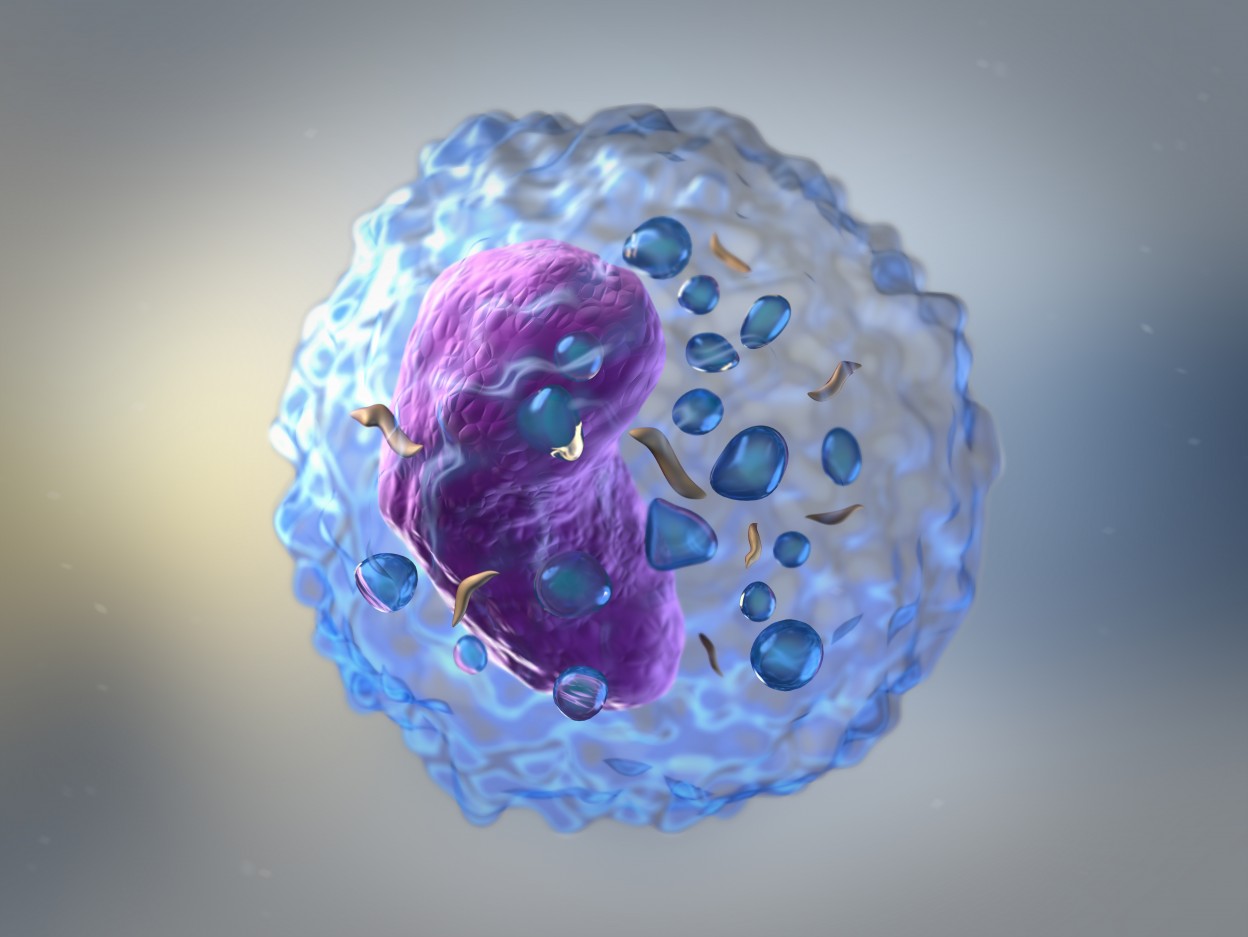Shire and NanoMedSyn to Collaborate on Potential Lysosomal Storage Disorder Treatment

Biotechnology companies Shire and NanoMedSyn are collaborating on research to evaluate a potential enzyme replacement therapy (ERT) for lysosomal storage disorders, including Fabry disease.
Under the terms of the new agreement, the two companies will perform preclinical evaluations on NanoMedSyn’s proprietary synthetic derivatives, called AMFA, in combination with recombinant enzymes. Shire will provide funding.
AMFAs were developed to efficiently target and bind a specific cell membrane lectin: the mannose 6-phosphate (M6P) receptor, which plays a key role in transporting enzymes to lysosomes. Targeting this pathway can help restore the enzyme activity that is deficient in lysosomal storage disorders. Previous studies show that AMFAs have a high affinity for binding to the M6P receptor.
“The novel design of AMFA and the promising biological activity demonstrated in preclinical models makes this program an exciting opportunity for Shire to further expand its commitment to evaluating potential advancements in lysosomal storage disorder treatments,” Andreas Busch, PhD, Shire’s head of research and development and chief scientific officer, said in a press release.
The AMFA compound has also been shown to significantly improve, even at low doses, muscle functionality and regeneration in a mouse model of Pompe disease, another type of lysosomal storage disorder. It led to increased lysosomal exposure and enhanced activity of enzyme replacement therapy compared with a currently available ERT.
“This agreement provides the opportunity to further evaluate molecules based on our proprietary AMFA technology, which may potentially benefit patients with lysosomal storage disorders that are currently treated with the traditional enzyme replacement therapies,” said Henry-Vincent Charbonné, NanoMedSyn’s chief executive officer and chairman.
In addition to Fabry disease, there are more than 50 lysosomal storage diseases identified. According to the National Organization for Rare Disorders (NORD), these disorders may affect different parts of the body, including the skeleton, brain, skin, heart, and central nervous system.
In September 2016, the European Medicines Agency (EMA) granted orphan drug status to NanoMedSyn’s first compound, recombinant acid alpha-glucosidase combined with AMFA for the potential treatment of Pompe disease.






